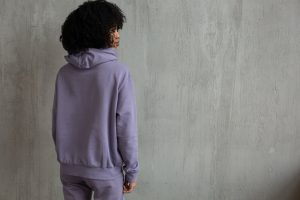When it comes to employment discrimination, there is rarely a single incident by one person that can be pointed to as proof positive evidence of wrongdoing. More often than not, discriminatory actions are the result of a workplace culture where microaggressions, snarky comments or bigoted attitudes are excused – if not encouraged – time and again. This is also why there so often is more than one victim, even if they are affected in different ways. 
Recently, the former “head coach” of a Nike store in Santa Monica accused of racially profiling Black shoppers is now also accused of harassing and discriminating against the store’s Black employees. That’s according to a Los Angeles employment discrimination lawsuit filed last month.
According to the filing, as published by Bloomberg Law, two former employees at the Southern California store say that Nike and its former store manager are legally liable for racial discrimination, harassment, retaliation and more. They say the manager created a work environment that was not only pervasively hostile, but abusive. Many employees of color felt they had no choice but to resign. Most of those employees who quit were soon after replaced with White female workers. Continue Reading ›
 Orange County Employment Lawyers Blog
Orange County Employment Lawyers Blog


